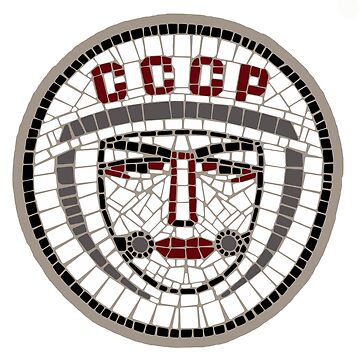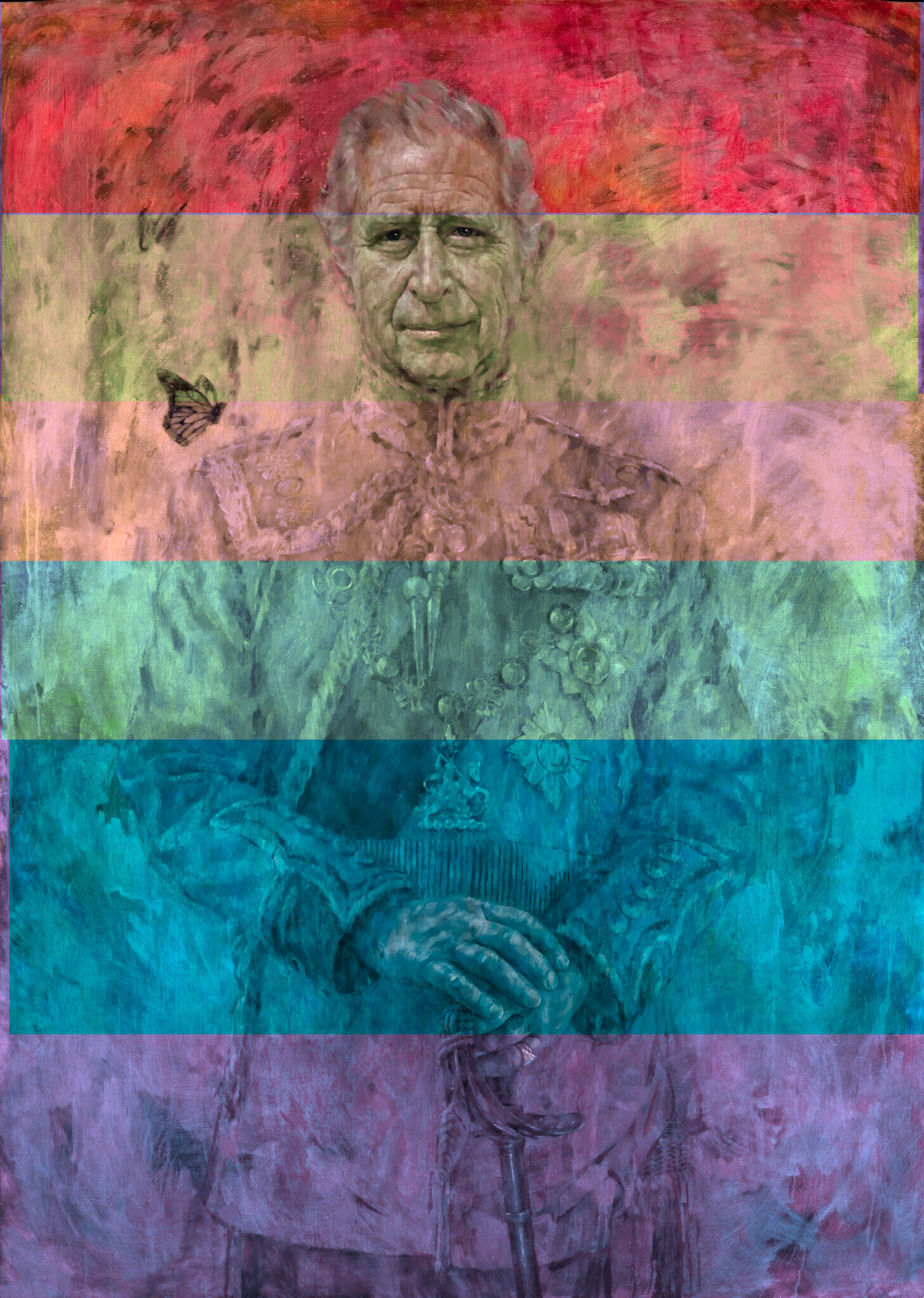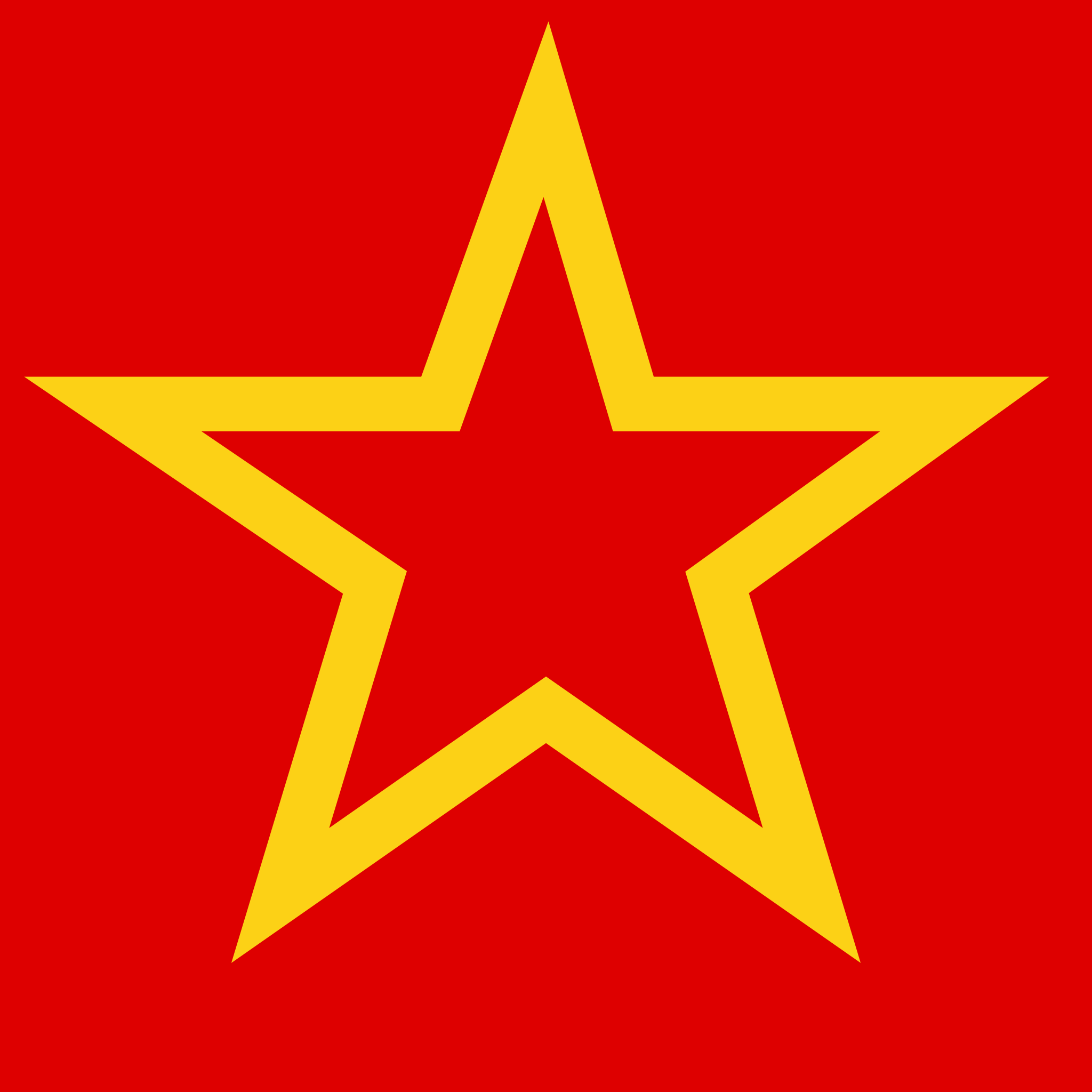I’d go with:
-
Russian
-
Mandarin
-
Korean
-
Spanish
-
Ancient Sumerian as a casual own to thr archeologists.
Mandarin, Spanish, Arabic, Japanese, German.
Same first four; my fifth is Portuguese because of Brasil.
Mandarin, Russian, Arabic and Spanish seem like gimmes to me.
After that I’m not sure.
French maybe?
 3·6 hours ago
3·6 hours agoThe language of magic. Done, now I can just cast magic to learn any other language I want.
Mandarin, ancient Greek and Arameic, an indigenous language from North America that has like 5 speakers, spanish.
- polish (mazovian dialect)
- ukrainian (slobozhan dialect)
- serbo-croat (štokavian dialect)
- bulgarian (kotel-elena-dryanovo dialect)
- mandarin (dungan dialect)
mandarin
spanish
assembly
the correspondence
cat
-
Shang Dynasty Chinese
-
Akkadian/Old Aramaic
-
Sanskrit
-
Ancient Egyptian
-
Ancient Khosic
Refuse to elaborate to linguists and historians.
That’s okay you and I both know your plans to open the Stargate
-
- Mandarin, obviously (after all I’m going to live in China for the next two years at least)
- and
- Albanian and Croatian, to speak my family’s languages and thus be able to communicate with relatives over there as well as research family history
- Russian
- Arabic
And then I’d start learning Spanish (after all I’m French, it’d be dumb to waste my magic fluency on a language so close to my native tongue)
Nahuatl (Pipil or Huasteca if I have to pick a dialect), Arabic (Egyptian or Levant), Mandarin, Swahili, Russian
Ithkuil would be cool, but I’d be the only fluent speaker on earth.
What’s the old coding language the US uses for its nuclear weapons again?

-
English

-
Latin

-
Japanese

-
Mandarin

-
The language of dance

-
- Russian
- Mandarin
- Spanish
- Arabic
- French
Yes, I lack creativity.
-
linear B
-
proto indo european
-
Humpback Whale
-
english
-
Universal Language (27th Century EE)
I just read the new book on Proto-Indo-European, and naturally it includes several unnecessary asides about the Ukraine War, which is, after all, “a war about language.” But it says that’s because Putin wants to recreate a Russophone empire, and doesn’t mention anything about Ukraine banning the Russian language in schools or their Nazi mercenaries murdering civilians for speaking Russian. Anti-Soviet hangups show up elsewhere in the text. (The author did visit Russia for research, and does bemoan the fact that we’re in for some delays on exciting scholarship because Russian academics are banned from conferences.)
Pro-Ukraine, “pro-sovereignty” libs have a seething hatred for the USSR, without which there would be no such thing as an independent Ukraine. They will never shut up about Ukrainian sovereignty but will never ever forgive the USSR for, in 1939, taking back Ukrainian land that was stolen by Poland (which committed ethnic cleansing) instead of gifting it to the Germans. In fact any in depth discussion of September 1939 with the Ukrainian sovereignty fan club reveals that they either have near-zero knowledge on the history of Ukraine, or apparently believe that western Ukraine belongs to Poland.
If “sovereignty” libs could literally rewrite history, Ukraine would be an ethnically cleansed German settler-colony.
brainworms aside i would be interested to learn more about PIE. what was the book called?
Proto: How One Ancient Language Went Global, by Laura Spinney. Other than those brianworms it’s a really good book. I had been reading David Anthony’s The Horse, The Wheel, and Language but got bogged down in pottery types. Started Proto and immediately learned just how much has changed in the field even since Anthony’s book was published in 2007.
Although there’s talk of the historical linguistics aspects and how linguists know how to chart the changes that took place, it also makes use of genetics and anthropology to examine how a language of steppe herders managed to dominate Eurasia without (necessarily) involving massive campaigns of conquest. (No need to be wary of the genetics aspect - it’s to figure out chronology and not to imply anything untoward or nationalistic.)
Edit - As for Linear B - The Decipherment of Linear B by John Chadwick is excellent. Chadwick must have been a great teacher; it’s as definitive as any “definitive introduction” I’ve ever read.
Thank you for the recs, i will put those books on my (ever-growing) list
I just read Proto recently also. I second the recommendation, great book.
linear B
monkey’s paw: you can speak it but not read it
for a serious answer, it would probably be spanish, mandarin, thai, brazilian portuguese, and either farsi or levantine arabic
-
- Muysca: Native language from the indigenous population in Bogotá, Colombia.
- Mandarin.
- Russian.
- Vietnamese.
- Arabic
- Dolphinese, for the meme value.
- Sparrow
- the language of the bumblebees
- Arabic
- Mandarin














